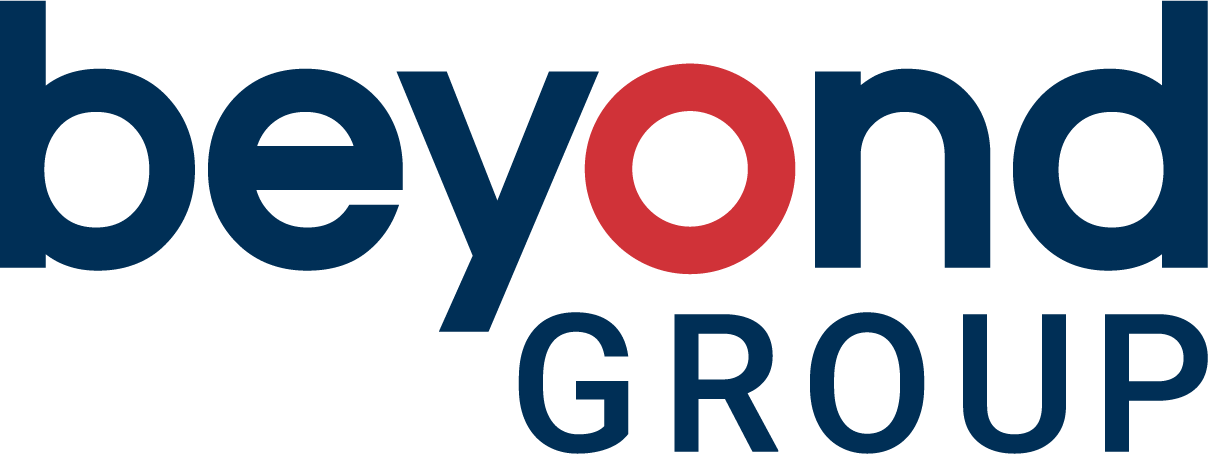Mapping of Civil Society Organisations in Lebanon
Developed By:
Beyond Group
In Partnership With:
European Union EU
Transtec
2015
Mapping of Civil Society Organisations in Lebanon
This report was written as part of the “Regional Capacity Building Program for Civil Society - South Facility”, funded by the EU and implemented by Transtec. Beyond Group (previously Beyond Reform & Development) was awarded the contract for mapping civil society organisations in Lebanon.
As the EU continues to be committed to promoting and nurturing civil society and non-state actors in Lebanon especially after 2005, it has successfully launched structured dialogues with civil society to promote the participation of non-state actors in development and governance. In its bilateral relations with Lebanon, the EU has continuously stressed civil society as an important focus for cooperation and dialogue. The mapping of civil society organisations aims to complement the work of the EU by providing up-to-date, reliable information on the state of civil society in Lebanon, its needs and the steps required to enhance its role.
The enclosed report is based on research carried out over five months and provides a description of the context within which civil society operates in Lebanon as well as an analysis of its role and priority needs. Juxtaposed to the rest of the region, Lebanon has historically had a very vibrant civil society working on a wide range of political and developmental issues. Governed by the 1909 Ottoman Law of Associations, civil society actors, non-profit institutions, and political parties have enjoyed a great margin of freedom of assembly and self-organisation that is unique in the region. The right to form self-organized associations was enshrined in Article 13 of the Lebanese Constitution, which states:
“The Freedom to express one’s opinion orally or in writing, the freedom of the press, the freedom of assembly, and the freedom of association are guaranteed within the limits established by law.” - Lebanese Constitution, Article 13
Lebanon has always had hundreds, and more recently thousands, of associations dedicated to work on issues of governance, development and democratization. According to recent studies there are approximately 1.3 associations per 1,000 inhabitants in Lebanon. The latest data received from the official records of the Ministry of Interior and Municipalities presence of 8,311 registered civil society organisations, in addition to a number of loosely organized groups.
Despite the dynamism, accurate and reliable information on the nature of these organisations, their functions, membership, scope of work, and overall influence over governance and policy-making is highly limited. Access to, and understanding of this information is a necessity for any actor looking to promote and support civil society in Lebanon.

